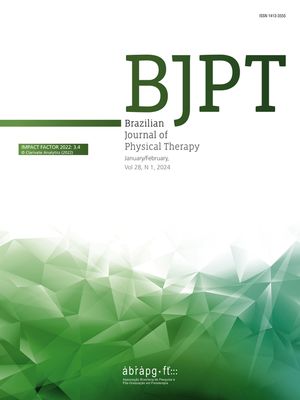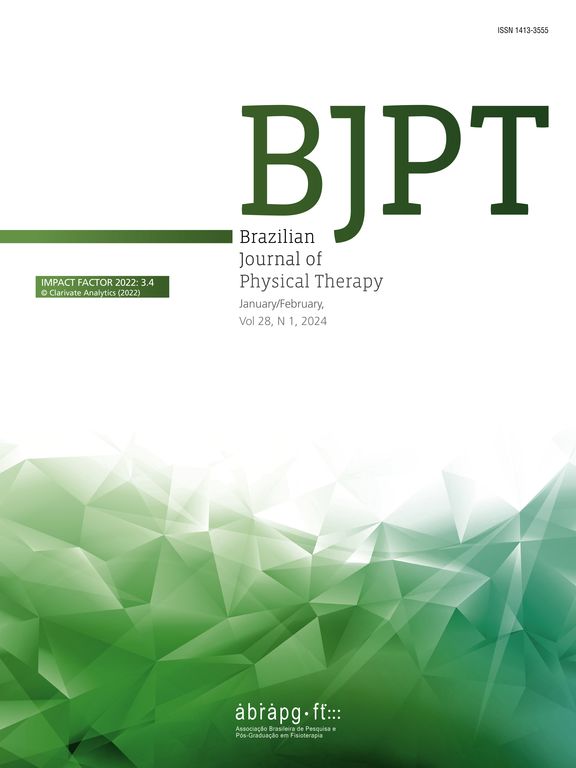
1st STUDENT SCIENTIFIC CONFERENCE OF THE BRAZILIAN ASSOCIATION FOR RESEARCH AND POSTGRADUATE IN PHYSIOTHERAPY (ABRAPG-FT)
More infoConsidering the abusive and inadequate use of interventions in the present brazilian obstetrics scenario and this field's relevance for human and social development, a technically proficient, humanized and updated health assistance is essential. Evidence Based Practice (EBP) becomes a relevant tool in Obstetrics having in mind its capability of promoting individualization and care quality improvement. EBP incorporation in graduation studies can be a determinant in care's quality, clinic results improvement, health practice safety and efficiency during professional life.
ObjectivesTo evaluate health graduate students' perception about Obstetrics’ teaching, taking into consideration EBP presentation during classes. From that assumption, their ability to identify evidence-based interventions within the field.
MethodsSurvey like research, applied remotely through Google Forms, with graduate students from a health university. The questionnaire is compound of 12 multiple choice questions aiming to draw participants’ academic profile, their EBP in Obstetrics’ perception and their ability to identify, within 11 interventions common to Obstetrics (offering non-pharmacological pain relief methods, food intake denial, water intake, encouraging the adoption of mobility and an upright position, adoption of a birth position of the individual woman's choice, lumbar massage, routine use of episiotomy, application of manual fundal pressure, water immersion, skin-to-skin contact with their mothers during the first hour after birth, incentive and orientation to breastfeeding in the first hour of life). From this, 3 interventions are not recommended by the World Health Organization - food intake denial, routine use of episiotomy and application of manual fundal pressure. A descriptive analysis of data was conducted.
Results58 students participated in the study, 86,2% were female, with 23,37 average age (19-45 minimum and maximum), from 8 courses (Biomedicine, Nursing, Pharmacy, Phisicaltherapy, Fonoaudioly, Medicine, Nutrition and Psychology). 37 students (63,8%) answered that during graduation classes EBP theoretical and practical concepts were presented in Obstetrics. 10 participants (17,24%) marked at least one of the 3 options not recommended by WHO. 27 participants (46,55%) marked all correct alternatives.
ConclusionBy analyzing available data, a great percentage of graduate health students didn't have contact with EBP in Obstetrics (36,2%). 17,24% from participants wrongly identified interventions not recommended by lack of scientific evidence. Less than half (46,6%) of participants were able to correctly identify all evidence-based interventions proposed.
ImplicationsWith the important growth of obstetrics’ field for physical therapy professionals, an academic graduation targeted to offer the best quality care, having as principle EBP and humanized care should be of interest in this professional category.
Conflict of interest: The authors declare no conflict of interest.
Acknowledgment: Not applicable.
Ethics committee approval: Universidade Federal de Ciências da Saúde de Porto Alegre (UFCSPA) - (CAAE-64710022.0.0000.5345)





